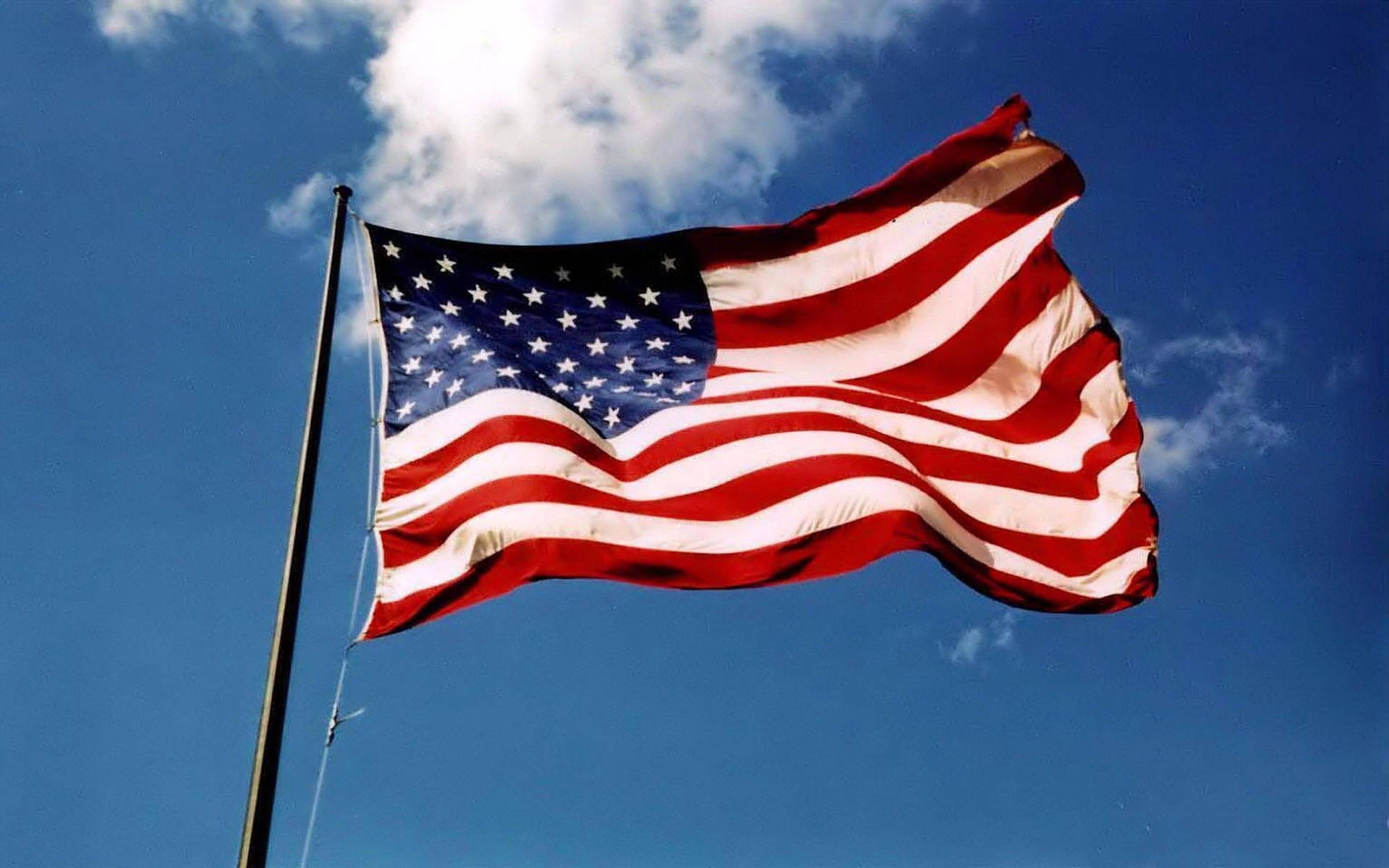By Samuel Bashir
When Thomas Jefferson penned the Declaration of Independence in 1776, he inscribed into history a powerful ideal: that all human beings are “endowed by their Creator with certain unalienable Rights,” and “among these are Life, Liberty, and the pursuit of Happiness.” This trio of values has evolved into more than a philosophical statement; it has become a moral compass for modern democracies. Without them, happiness is impossible.
In global politics, this concept has evolved into laws protecting citizens from arbitrary killings, war crimes, and state-led oppression. Yet, in many parts of the world today, this right remains under threat from war zones to refugee crises, from police brutality to preventable poverty, a benchmark for justice, and a voice for the voiceless.
The right to life is perhaps the most basic of all human rights. Without life, liberty, and truly honouring the Declaration’s promise, governments must not only avoid taking life unjustly but also affirmatively protect it through healthcare, clean water, food security, and peace.
Liberty, the second pillar, is often interpreted as freedom from tyranny. But true liberty also means freedom to speak, worship, assemble, learn, and live with dignity. In the 18th century, this meant throwing off the chains of monarchy; today, it means challenging authoritarianism, censorship, racism, and systemic inequality.
However, liberty without equality becomes a privilege for the few. The Declaration may have spoken of liberty, but it was silent on the rights of enslaved people, Indigenous populations, and women. It is up to each generation to expand liberty to all, not just a select class.

The most revolutionary idea in the phrase might be the “pursuit of happiness.” In an age when monarchy and class dictated fate, Jefferson’s phrase gave individuals the right to dream, to strive, and to shape their own destinies.
But what does “happiness” mean? In political philosophy, it is often equated with human flourishing the ability to lead a meaningful, autonomous, and fulfilling life. Governments, then, must not only ensure safety and freedom but also create conditions where people can thrive through education, opportunity, justice, and community.
Though written for American independence, the ideals of life, liberty, and happiness have transcended borders. They echo in the Universal Declaration of Human Rights (1948), resonate in anti-colonial struggles, and guide civil rights movements across continents.
Yet, these rights remain aspirational for millions. In countries where minorities face discrimination, where press freedom is curtailed, or where poverty blocks opportunity, the pursuit of happiness is a distant dream.
“Life, Liberty, and the Pursuit of Happiness” is not a finished project. It is a living promise one that each society must continually strive to fulfill. It demands that we look at our laws, leaders, and institutions and ask: Are we truly enabling people to live, be free, and find happiness?
In the 21st century, these ideals are more relevant than ever. Whether in a courtroom in the U.S., a classroom in Pakistan, or a refugee camp in Sudan, they remind us of what binds us as human beings our shared longing for dignity, freedom, and joy.
Happy Independence Day USA.
